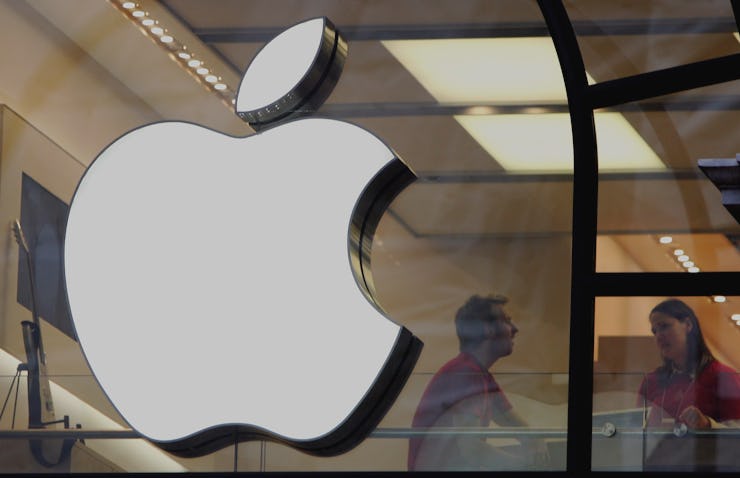Apple Pays Japan $120 Million Fine After Latest Tax Penalty
And somehow, relatively speaking, this isn't that big an amount.

It says a lot about how Apple has been faring lately with tax rulings that a $120 million penalty for underreported income in Japan barely rates a mention. After all, that figure, which the Tokyo Regional Taxation Bureau reportedly received earlier this week, isn’t even a hundredth of the record-breaking $14.5 billion tax penalty the European Union laid down a few weeks ago. On the other hand, $120 million is still $120 freaking million.
This Japanese ruling appears to be a local offshoot of the recent pushback against Apple’s tax strategy, which it first implemented in the 1980s in an effort to keep its tax bill as low as possible. Crucial to Apple’s tax plan has been routing money through Ireland, which, unlike the United States, does not tax income made by foreign subsidiaries of Irish companies. That’s why, for tax purposes, Apple has maintained an empty office in Ireland for the sake of claiming the tax status of an Irish company. Some additional tax chicanery involving a second Irish company, a Dutch shell company, and a waiting bank in the Caribbean mean that, from 2009 to 2011, Apple paid the equivalent of a 0.06 percent tax rate on its global earnings.
It’s difficult to close the loopholes in the tax code that allow practices like these to thrive — especially when we’re talking about the tax codes of several different countries, each with their own financial priorities, rather than a single country’s tax code — but the European Union in particular has led the charge against Apple and the so-called Double Irish Arrangement. Ireland itself is a part of the European Union, but tax law is one of the few things member states are given free rein over, without direct EU oversight. The recent ruling from Japan suggests a growing pattern of countries demanding taxes owed to them.
For whatever it’s worth, Apple isn’t unique in making use of this particular tax arrangement: Facebook, Google, Microsoft, Adobe, General Electric, IBM, Starbucks, Yahoo, Oracle, and a whole bunch of pharmaceutical companies also employ the practice. Apple has yet to comment on this latest ruling, but given company CEO Tim Cook’s previous combativeness on the subject of the company’s tax bills, it wouldn’t be surprising if Apple questions the legitimacy of the ruling even if it has already paid the $120 million.